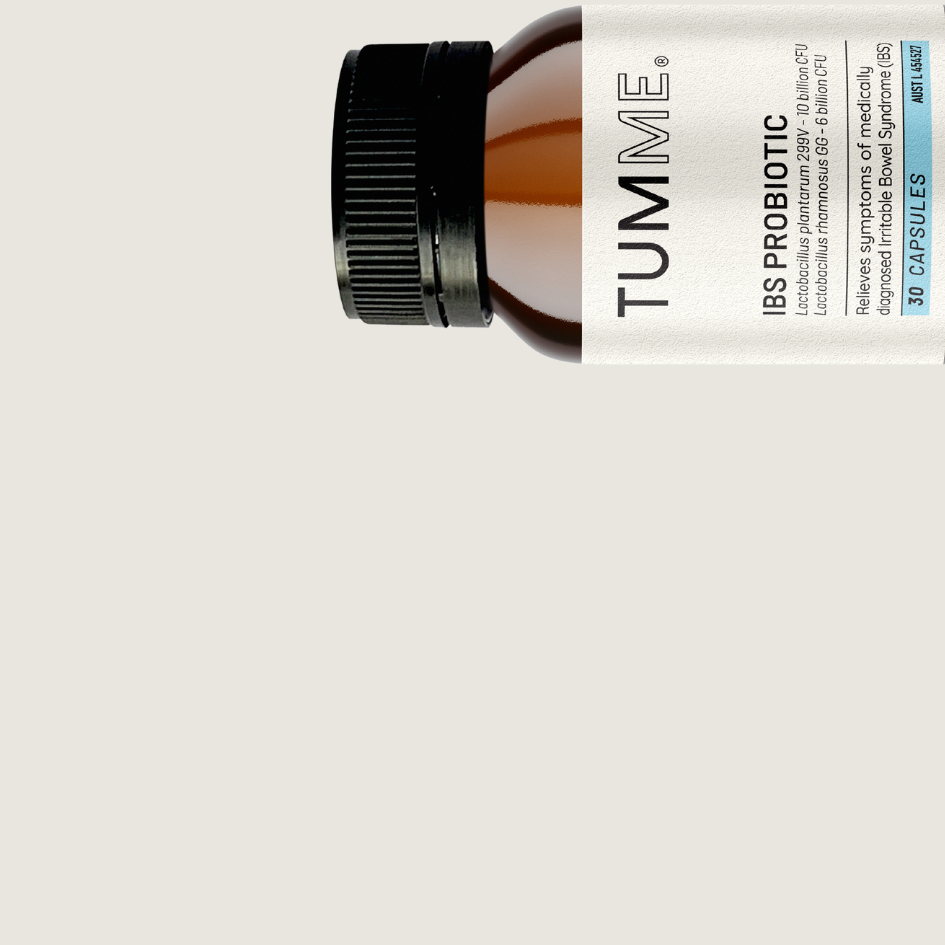Living with Irritable Bowel Syndrome (IBS) often involves navigating a complex interplay between stress and symptoms. Stress can exacerbate IBS symptoms, leading to a frustrating cycle where increased symptoms can, in turn, trigger more stress. Breaking this cycle is essential for managing IBS effectively. In this blog, we'll explore the IBS stress-symptom cycle and share relaxation techniques to help you regain control and find relief.
Understanding the IBS Stress-Symptom Cycle: Stress and IBS symptoms are closely interconnected, forming a cyclical relationship that can intensify symptoms and diminish quality of life. When stress levels rise, the body's natural response triggers physiological changes in the gut, leading to symptoms such as abdominal pain, bloating, diarrhea, or constipation. These symptoms, in turn, can cause frustration, anxiety, and further stress, perpetuating the cycle.
Breaking the Cycle with Relaxation Techniques: Fortunately, there are effective relaxation techniques that can help interrupt the IBS stress-symptom cycle, promoting calmness and reducing symptom severity. Here are four techniques to try:
- Deep Breathing Exercises: Deep breathing is a simple yet powerful technique to activate the body's relaxation response and reduce stress levels. Practice diaphragmatic breathing by inhaling deeply through your nose, allowing your abdomen to expand fully, then exhaling slowly through your mouth. Repeat this pattern for several minutes, focusing on the rhythm of your breath and letting go of tension with each exhale.
- Progressive Muscle Relaxation (PMR): Progressive muscle relaxation involves systematically tensing and then relaxing different muscle groups in the body to promote physical and mental relaxation. Start by tensing the muscles in your toes and feet for a few seconds, then release and relax them completely. Move upward through your body, tensing and relaxing each muscle group, including your legs, abdomen, arms, shoulders, and face. Pay attention to the sensations of tension and relaxation, allowing stress and tension to melt away.
- Mindfulness Meditation: Mindfulness meditation is a practice that cultivates present-moment awareness and acceptance of thoughts, feelings, and sensations. Find a quiet space, close your eyes, and bring your attention to your breath or the sensations in your body. Notice any thoughts or feelings that arise, allowing them to come and go without judgment. If your mind wanders, gently guide your focus back to the present moment. Practice mindfulness meditation for a few minutes each day to promote relaxation and reduce stress.
- Guided Imagery: Guided imagery involves visualizing calming and peaceful scenes to evoke relaxation and reduce stress. Find a comfortable position, close your eyes, and imagine yourself in a serene environment, such as a tranquil beach, lush forest, or peaceful garden. Engage your senses by visualizing the sights, sounds, smells, and textures of your chosen scene. Allow yourself to immerse fully in the experience, letting go of stress and tension with each breath.
Breaking the IBS stress-symptom cycle is crucial for managing symptoms and improving overall well-being. By incorporating relaxation techniques into your daily routine, you can effectively reduce stress levels, alleviate symptoms, and regain control over your health. Experiment with different techniques to find what works best for you, and remember to practice regularly for optimal benefits. With patience and persistence, you can break free from the cycle of stress and find relief from IBS symptoms.







